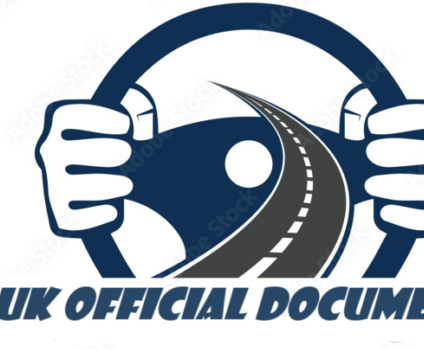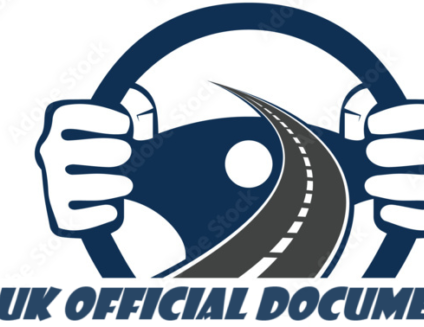buy driving licence uk
buy driving licence uk
Your driving license will display your photo, signature, and the categories of vehicles you are authorized to drive.
You should not cover your driving licence with any stickers.
An example of the front of a driving licence
A letter L on the provisional licence confirms that the holder is a learner driver.
Name
Date of birth
Place of birth Issuing authority
Date the licence runs out
Black and white phot
Categories of vehicles the licence is valid for
Driver number
Holder’s permanent address
An example of the back of a driving licence
Category ‘valid to’ date Information/restriction codes
Overflow of information/ restriction codes
Note: You will not be entitled to drive any category of vehicle that has lines shown instead of dates.
All European categories displayed in the table
Overflow of information/ restriction codes
Category ‘valid
from’ date Category ‘valid to’ date
Information/restriction codes
The ‘<’ = ‘earlier than’ symbol (if shown) means that the date shown has been worked out using the earliest information available.
Unique card identifier
Note: you will not be entitled to drive any category of vehicle that has lines shown instead of dates. However, if you have passed a test in a larger vehicle you may still be entitled to drive or ride smaller vehicles of that type which have lines shown instead of dates for example holders of full category A would be entitled to ride a category A2 vehicle. You can check categories you have provisional entitlement to drive at:
www.gov.uk/view-driving-licence
The categories of vehicle
For more information on vehicle categories go to:
www.gov.uk/driving-licence-categories
Maximum weights
All weights quoted in the table on pages 8, 9 and 10 relate to ‘Maximum Authorised Mass’ (MAM). This is the total weight of the vehicle when loaded. It may also be described as the ‘gross vehicle weight’.
This is normally shown on a plate fitted to the vehicle.
Descriptions of vehicle categories on or after 19 January 2013
| Category | Description1 | Minimum age | Notes |
| AM | Moped | 16 | |
| A1 | Motorcycles | 17 | |
| A2 | 19 | See note 10 |
| Category | Description | Minimum age | Notes |
| A | 24 | See notes 1, 10 and11 | |
| B1 | Four wheeled light vehiclesMotor vehicles with four wheels up to 400kg unladen weight or 550kg for vehicles intended for carrying goods | 17 | |
| B | CarsMotor vehicles with a MAM not exceeding 3,500kg, designed and constructed for the carriage ofno more than eight passengers in addition to the driver with a trailer up to 750kgAs category B but with a trailer weighing more than 750kg. The total weight of the vehicle and trailer can’t weigh more than 3,500kg | 17 | See notes 2 and 11 |
| C1 | Medium sized vehiclesVehicles between 3,500kg and 7,500kg, designed and constructed for the carriage of no more than eight passengers in addition to the driver with a trailer up to 750kg | 18 | See notes 5 and 10 |
| C | Large goods vehiclesVehicles over 3,500kg with a trailer up to 750kg, designed and constructed for the carriage of no more than eight passengers in addition to the driver | 21 | See notes 3 and 10 |
More
| Heading | Subheading |
|---|---|
| Introduction | |
| Understanding the UK Driving Licence System | Types of UK Driving Licences |
| Requirements for Obtaining a UK Driving Licence | Age Requirements |
| Medical Requirements | |
| Documentation Requirements | |
| Steps to Apply for a UK Driving Licence | Provisional Driving Licence Application |
| Theory Test | |
| Practical Driving Test | |
| Legal Considerations When Buying a Driving Licence | Is It Legal to Buy a Driving Licence? |
| Penalties for Illegal Activities | |
| Alternatives to Buying a Driving Licence | Driving Schools |
| Intensive Driving Courses | |
| Tips for Passing the Driving Tests | Preparing for the Theory Test |
| Preparing for the Practical Test | |
| Benefits of Having a UK Driving Licence | Freedom and Independence |
| Employment Opportunities | |
| FAQs About Buying a Driving Licence in the UK | |
| Conclusion |

